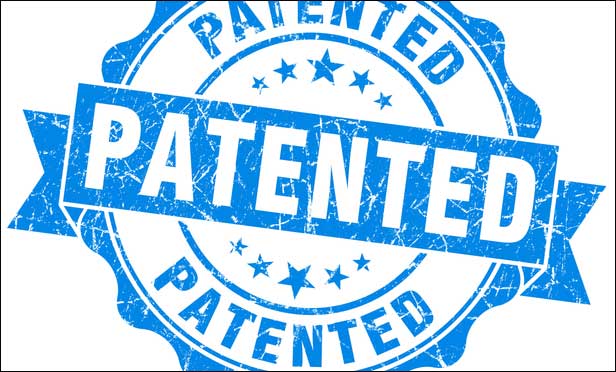The U.S. Supreme Court’s recent decision announcing the framework for determining patent-eligible subject matter under 35 U.S.C. Section 101 has created a rabbit hole that will require a rethinking of intellectual-property protection strategies. The claims at issue in that case, Alice Corp. Pty. Ltd. v. CLS Bank International, 134 S. Ct. 2347 (2014), were directed to a computer-implemented method for mitigating “settlement risk” and were found to be patent-ineligible. The Alice decision is more likely to greatly impact the protection strategies of IP owners than it is likely to provide clarity as to what inventions are patent-eligible. Although Alice was focused on a computer invention, the scope of what is not patentable under the Supreme Court’s decision extends to many other technology areas. Companies that rely upon patents as the primary means of protecting strategic assets should be concerned and should not foreclose the possibility of using patents in combination with other forms of protection in the aftermath of Alice.
Prior to Alice, the court had addressed patent eligibility under 35 U.S.C. Section 101 in Mayo Collaborative Services v. Prometheus Laboratories, 132 S. Ct. 1289 (2012). In Mayo, the court held that claims directed to processes that help doctors using a certain drug treat patients with autoimmune diseases and determine whether a given dosage level is too low or too high were not patent-eligible. The court stated that the claims were patent-ineligible because they applied natural laws, and the claimed processes did not transform those unpatentable natural laws into patent-eligible applications of those laws.
This content has been archived. It is available through our partners, LexisNexis® and Bloomberg Law.
To view this content, please continue to their sites.
Not a Lexis Subscriber?
Subscribe Now
Not a Bloomberg Law Subscriber?
Subscribe Now
LexisNexis® and Bloomberg Law are third party online distributors of the broad collection of current and archived versions of ALM's legal news publications. LexisNexis® and Bloomberg Law customers are able to access and use ALM's content, including content from the National Law Journal, The American Lawyer, Legaltech News, The New York Law Journal, and Corporate Counsel, as well as other sources of legal information.
For questions call 1-877-256-2472 or contact us at [email protected]



